Omikron: The Nomad Soul
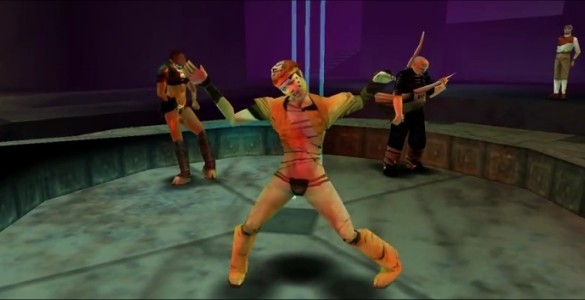
Quantic Dream’s first game came out in 1999 and wasn’t exclusive to PlayStation systems. Omikron: The Nomad Soul came to PC and the SEGA Dreamcast and, if you’ve never heard of it, is an adventure game that features fighting, puzzle, and shooter mechanics. It was supposed to come to the PlayStation before it was canceled due to the poor performance of the Dreamcast version.
Set in the futuristic city and parallel universe known as Omikron, you must continue investigating a serial killer, killing the demons that are trying to stop you from returning to your own world.
As you’d expect from a Quantic Dream game, the story is compelling and the world is well designed, but it suffers from being an odd mismatch of gameplay styles, with the shooter sections standing out, and not in a good way. Maybe these criticisms are what led to the studio’s more focused experiences that came after. One group of people Omikron could be for is David Bowie fans, since the legendary artist played characters in the game and even recorded original music for the soundtrack.
Beyond: Two Souls
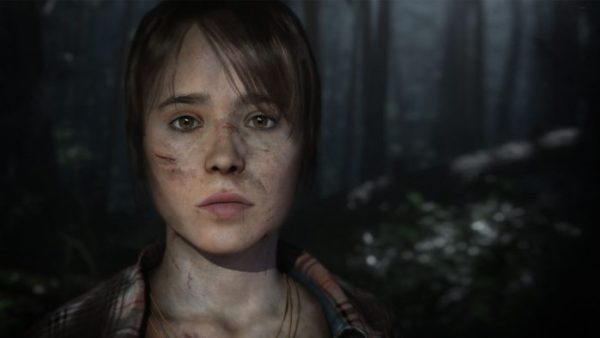
Beyond: Two Souls is probably Quantic Dream’s most polarizing release. With it being the follow-up to Heavy Rain, and the fact that Ellen Page and Willem Dafoe were starring in it, a lot of people were excited. However, once it released, it became clear that Beyond suffered from some storytelling issues.
The story follows Jodie, a young girl with a connection to an unseen entity called Aiden, but the way it was told was criticized for being muddled. Many of the plot lines don’t go anywhere, and it’s difficult to understand at many points. The motion-capture work is clearly excellent, and some of the interactive moments are compelling, but it’s difficult to get too invested when the story is poor.
Indigo Prophecy (Fahrenheit)
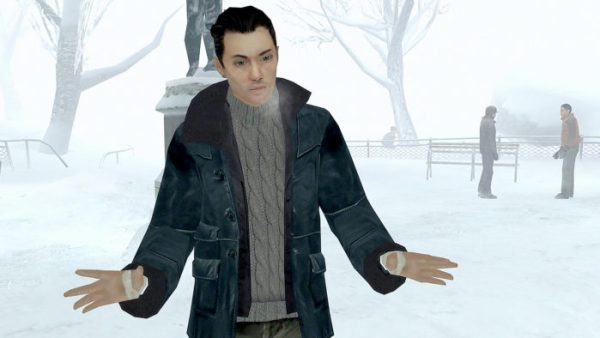
Indigo Prophecy, known as Fahrenheit everywhere other than in the US, was the first of Quantic Dream’s narrative-focused adventure games. It’s a paranormal thriller, set in New York, that sees members of the public being possessed and killing strangers in the street. The game is arguably more like an interactive movie than the studio’s other releases, but the overarching plot is one of the best.
The story is dark at times, much like QD’s other games, but the characters are interesting and many of the performances are captivating. It may not look like much today, but it was a real step forward for the adventure game genre when it came to PlayStation 2 in 2005, and its success led to the games we know the French studio for now.
Heavy Rain
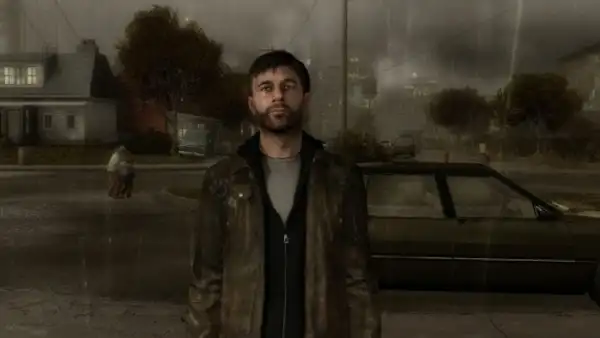
Heavy Rain is probably Quantic Dream’s most famous release. Following the investigation around the Origami Killer, a serial killer who drowns his victims during extended periods of torrential rain, you follow a few different characters who are involved in both the investigation and the events, and the choices you make affect what happens to them.
It was lauded when it released, with the visuals, characters, and branching story all being praised. The way the world of Heavy Rain felt alive, and how the events were presented, was unlike anything we’d seen from narrative games before. The writing and facial animations were a cut above that of any other game, making it a title people talked about all year.
It re-released on PlayStation 4, alongside Beyond: Two Souls, a couple of years ago and, while it looked better, the game certainly shows its age now. The performances can seem wooden, the visuals look unrealistic, and the characters often move awkwardly. It’s better to remember Heavy Rain as the game that released in 2010 than how it compares to modern equivalents.
Detroit: Become Human
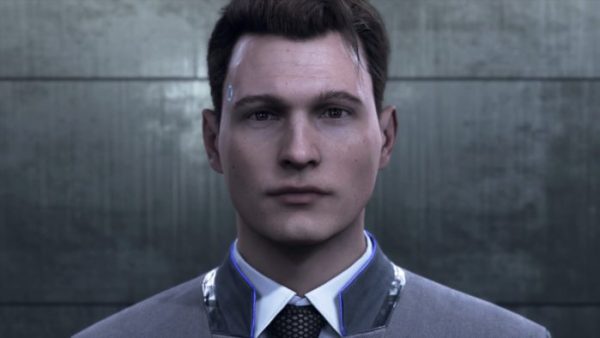
Detroit: Become Human is Quantic Dream’s first game for PlayStation 4 and it is a stunning showcase of what is possible on the system when it comes to cinematics. It’s not just a pretty face, however, as it tells a compelling story and the gameplay is varied enough that it could never be called ‘an interactive movie’ in a derogatory way.
Set in Detroit in the year 2038, where androids are an important part of everyday life, the game is in the same style as the likes of Heavy Rain and Beyond. You follow three particular androids (Connor, Markus, and Kara) as the world around them reacts to the recent events involving androids acting like humans. The core story is engaging, but it’s made all the better by the incredible number of options there are and the phenomenal presentation. There are so many ways a scene can play out, with the possible branches being shown to you at the end of each chapter, and it’s one of the most beautiful games on PS4. The lighting and detail are phenomenal, making the excellent facial animations even more noticeable, and the voice acting is great across the board. Whether it’ll struggle to stand the test of time, like Heavy Rain, only time will tell, but it deserves its place as the best Quantic Dream has ever released.

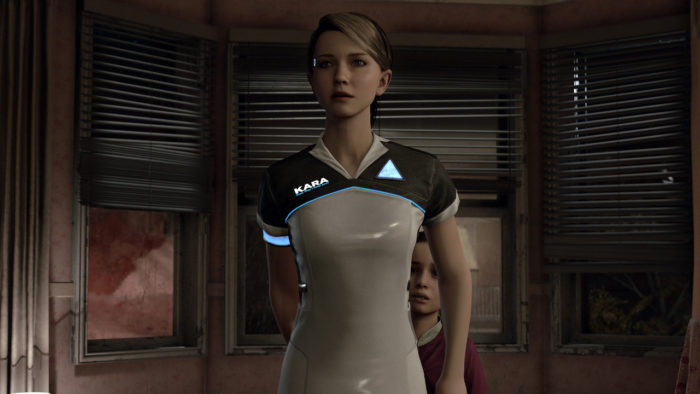












Updated: May 29, 2018 11:45 am